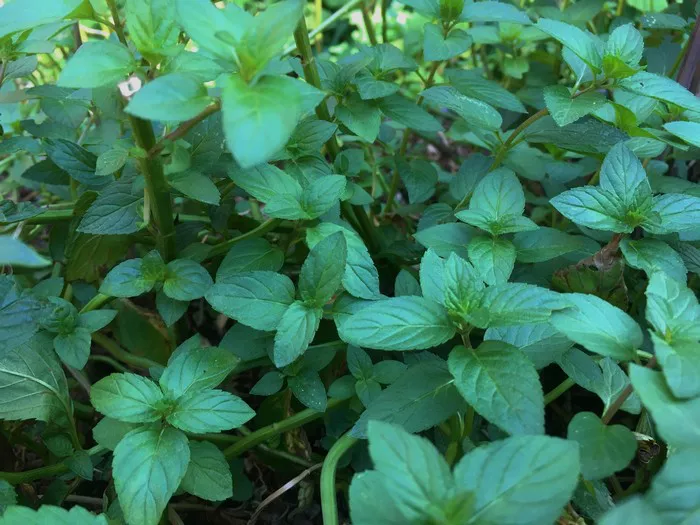Mosquitoes are not only a nuisance but also carriers of diseases like malaria, dengue fever, Zika virus, and West Nile virus. While insecticides and mosquito repellents are commonly used to combat these pesky insects, there’s a more natural and eco-friendly solution: plants. Certain plants possess properties that repel mosquitoes, offering a sustainable and aesthetically pleasing alternative to chemical-based repellents. In this article, we delve into the world of botanical mosquito repellents, exploring their effectiveness, cultivation, and additional benefits.
Understanding Mosquito Repellent Plants: How Do They Work?
Before delving into specific plants, it’s essential to understand how botanical mosquito repellents function. Many plants produce compounds that repel mosquitoes as a defense mechanism against herbivores or pests. These compounds often have strong scents or tastes that mosquitoes find unpleasant, driving them away from the vicinity of the plant. Additionally, some plants emit volatile oils that disrupt the mosquito’s sensory receptors, making it difficult for them to locate hosts.
Research has shown that these natural repellents can be as effective as synthetic chemicals in deterring mosquitoes. Furthermore, unlike synthetic repellents, plant-based repellents are biodegradable and pose minimal risk to human health and the environment.
Top Mosquito-Repelling Plants: A Closer Look
Citronella: Citronella is perhaps the most well-known natural mosquito repellent. Extracted from the leaves and stems of citronella grass (Cymbopogon nardus), citronella oil is commonly used in candles, sprays, and lotions. The plant itself can also be grown in gardens or pots to repel mosquitoes. Citronella works by masking the scents that attract mosquitoes, making it difficult for them to find their targets.
Lavender: Lavender (Lavandula angustifolia) is prized for its calming fragrance and beautiful purple blooms. However, mosquitoes detest the scent of lavender, making it an excellent choice for repelling these insects. Planting lavender in gardens or placing dried lavender sachets indoors can help keep mosquitoes at bay.
Marigold: Marigolds (Tagetes spp.) are not only vibrant additions to gardens but also effective mosquito repellents. These cheerful flowers contain pyrethrum, a natural insecticide that repels mosquitoes, as well as other pests like aphids and nematodes. Planting marigolds around the perimeter of gardens or near windows can help deter mosquitoes from entering homes.
Catnip: Catnip (Nepeta cataria), a member of the mint family, contains a compound called nepetalactone that is highly effective at repelling mosquitoes. Studies have shown that catnip can be even more potent than DEET, a common synthetic mosquito repellent. While catnip may attract cats, it repels mosquitoes, making it a valuable addition to gardens or pots placed near outdoor seating areas.
Rosemary: Rosemary (Rosmarinus officinalis) is not only a versatile culinary herb but also a natural mosquito repellent. Its woody fragrance masks the scents that attract mosquitoes, making it an excellent choice for outdoor cooking and dining areas. Additionally, burning rosemary sprigs in fire pits or grills can help repel mosquitoes while adding a pleasant aroma to the air.
Peppermint: Peppermint (Mentha × piperita) contains high levels of menthol, which mosquitoes find repugnant. Planting peppermint around outdoor seating areas or applying peppermint oil to the skin can help deter mosquitoes. Additionally, peppermint leaves can be dried and used to make mosquito-repellent sachets for closets and drawers.
Basil: Basil (Ocimum basilicum) not only adds flavor to culinary dishes but also repels mosquitoes with its strong scent. Planting basil in pots and placing them near doorways and windows can help prevent mosquitoes from entering homes. Basil essential oil can also be diluted and applied to the skin as a natural mosquito repellent.
Cultivating Mosquito-Repelling Plants: Tips for Success
Growing mosquito-repelling plants in your garden or indoor spaces can enhance your living environment while naturally deterring mosquitoes. Here are some tips for cultivating these plants:
Choose the Right Location: Most mosquito-repelling plants thrive in sunny locations with well-drained soil. Select a spot in your garden or on your patio that receives ample sunlight throughout the day.
Provide Adequate Care: Like all plants, mosquito-repelling plants require proper care to thrive. Water them regularly, but avoid overwatering, as this can lead to root rot. Additionally, fertilize the plants periodically to promote healthy growth and foliage.
Consider Container Gardening: If you have limited space or want to control the spread of certain plants, consider growing them in containers. This allows you to move the plants to different locations as needed and prevents them from spreading aggressively in the garden.
Harvest and Prune Regularly: Harvesting herbs like lavender, rosemary, and basil not only encourages new growth but also releases their fragrant oils, enhancing their mosquito-repelling properties. Similarly, pruning plants like citronella grass and marigolds helps maintain their compact shape and encourages the production of new foliage and flowers.
Rotate Plantings: To prevent soil depletion and pest buildup, rotate the location of mosquito-repelling plants in your garden each year. This helps maintain soil fertility and reduces the risk of disease and pest infestations.
Companion Planting: Consider companion planting with other herbs, flowers, and vegetables to create a diverse and balanced ecosystem in your garden. Some companion plants, such as garlic, chives, and onions, also possess mosquito-repelling properties, further enhancing your garden’s defenses against these pests.
Conclusion
In conclusion, incorporating mosquito-repelling plants into your garden and living spaces offers a natural and sustainable solution to mosquito control. From fragrant herbs like lavender and rosemary to vibrant flowers like marigolds and citronella grass, there are numerous plants that can help keep mosquitoes at bay while enhancing the beauty of your surroundings. By understanding the properties and cultivation requirements of these plants, you can create an environment that is inhospitable to mosquitoes, allowing you to enjoy the outdoors without the constant annoyance of these blood-sucking pests.


